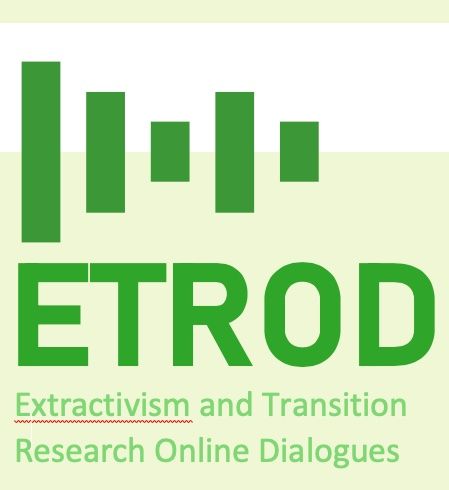
Speaker: Kali Rubaii
Meeting ID: 612 3787 5002
Password: 984654
Having recently returned from Fallujah, Iraq, Kali will discuss two figures of toxic exposure receiving popular attention since the US invasion and military occupation: burn pits and birth defects. Munitions deployed during the US occupation have been burned in either burn pits or artisanal fires along a supply chain of metallic mining, detonation, and waste burning. Meanwhile, new generations of living bodies in Iraq bear marks of teratogenic shock. Her aim is to explore what these figures are trying to say about the toxic relationship between the US Empire and the landscapes it touches. If war is a permanent landscaping machine, what are the incendiary and asphyxiation qualities of “peace,” and where are they located? How does war figure into visions of ecological collapse or thriving as people make new lives? And finally, as with all toxic relationships: [how] do people get out of it?
For preparation please find Kali Rubaii’s short article Birth Defects and the Toxic Legacy of War in Iraq
Kali Rubaii is an assistant professor in the Department of Anthropology at Purdue University, interested in sharpening resistance strategies that target the vulnerable nexus between coercive power and the physical world. Her research explores the environmental impacts of less-than-lethal militarism. Her book project examines how farmers in Anbar, Iraq struggle to survive and recover from transnational counterinsurgency projects. Her latest research documents the links between the epidemic of birth defects in Fallujah and military environmental damage.
